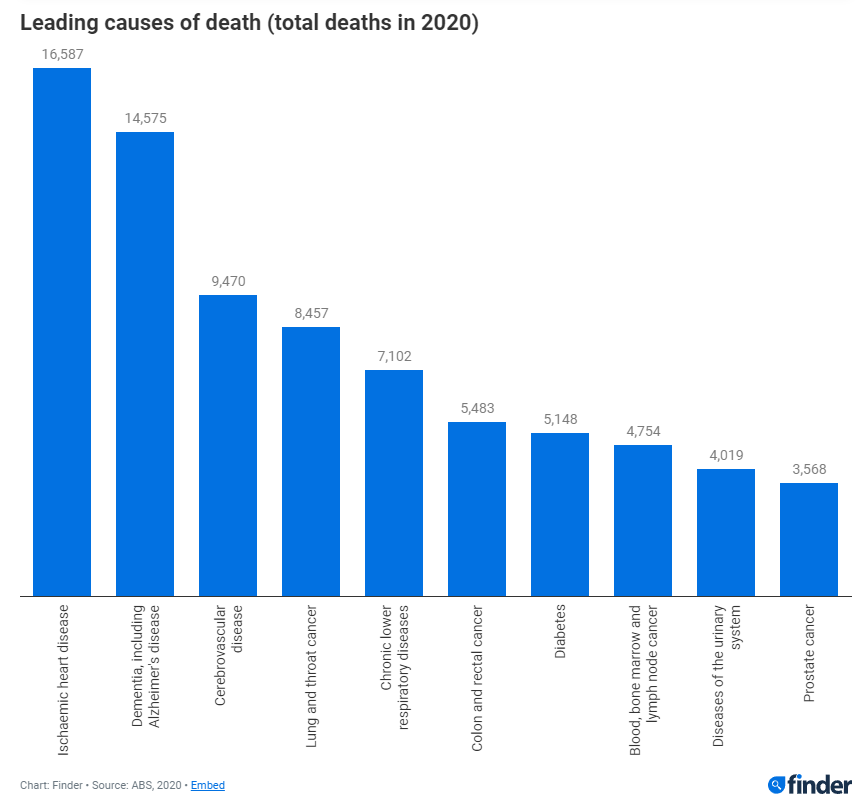
The leading killer in women; recognising the symptoms of heart disease
Everyone is at risk of developing cardiovascular disease (CVD) with heart disease being the most common disease and the leading cause of death.
In Australia in 2020, there were 16,587 deaths due to heart disease, which accounted for 10.3% of all deaths in the country. What's more concerning with the stats is that people are dying of heart disease at a much younger age than previously reported.

https://www.finder.com.au/death-statistics-australia#what-is-the-leading-cause-of-death
In over half of all diagnoses of heart disease, the first symptom is a heart attack. The problems are that up to 45% of all heart attacks are silent or unrecognised and may cause damage to the heart. They also happen so fast that even hours before there would be no sign of the narrowing of the arteries to the heart on an angiogram.
A heart attack isn’t a narrowing that occurs over time but rather a sudden response tear of the lining of the artery that forms a blood clot closing the artery off and preventing full blood flow to the heart. The heart attack seemingly comes out of nowhere and may be the first sign of underlying disease, and many don't survive their early attacks!
Having a heart attack is not just a male problem. 50 women suffer a heart attack every day in Australia and more than 48,000 women are treated in hospital for heart disease every year with an increased risk of developing heart failure or dying within five years after their first severe heart attack compared with men.
The typical warning signs in women can be different to men and include sharp chest pain, anxiety, weakness, fatigue, shortness of breath, sweaty, feeling of impending doom, heart racing palpitations, nausea, vomiting, back or jaw pain and symptoms not unlike that of flu or indigestion, which make women more vulnerable due to not taking the symptoms seriously or recognising these as signs of CVD so don't get them checked out early enough.
Stress is a big risk factor for precipitating heart attacks. High stress and anxiety levels can bring on a heart attack by increasing adrenaline, and constricting the arteries. With women taking on more and more responsibilities with work and childcare it's pertinent that any symptoms associated with increased levels of stress be taken seriously and help sort at the earliest time possible to prevent further damage and disease.
Want to find out more about managing stress and anxiety and reducing other risk factors for cardiovascular events? Give Karen call https://calendly.com/karenbartle/cvd-initial-chat






